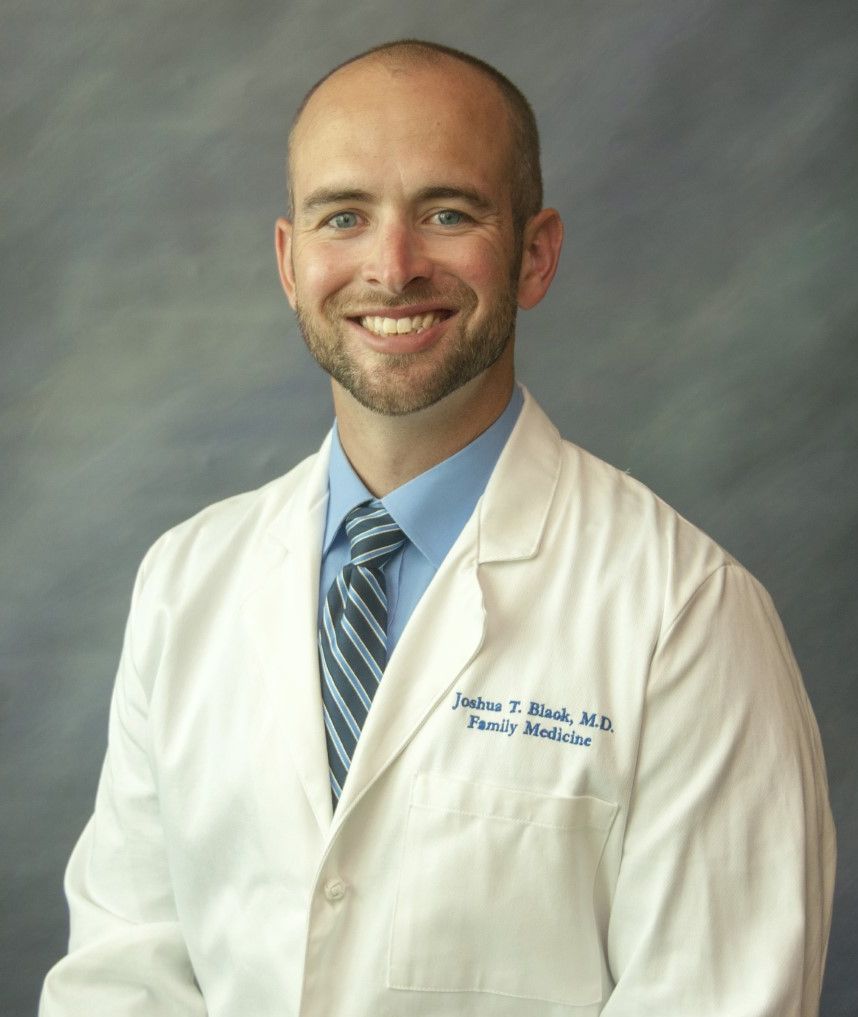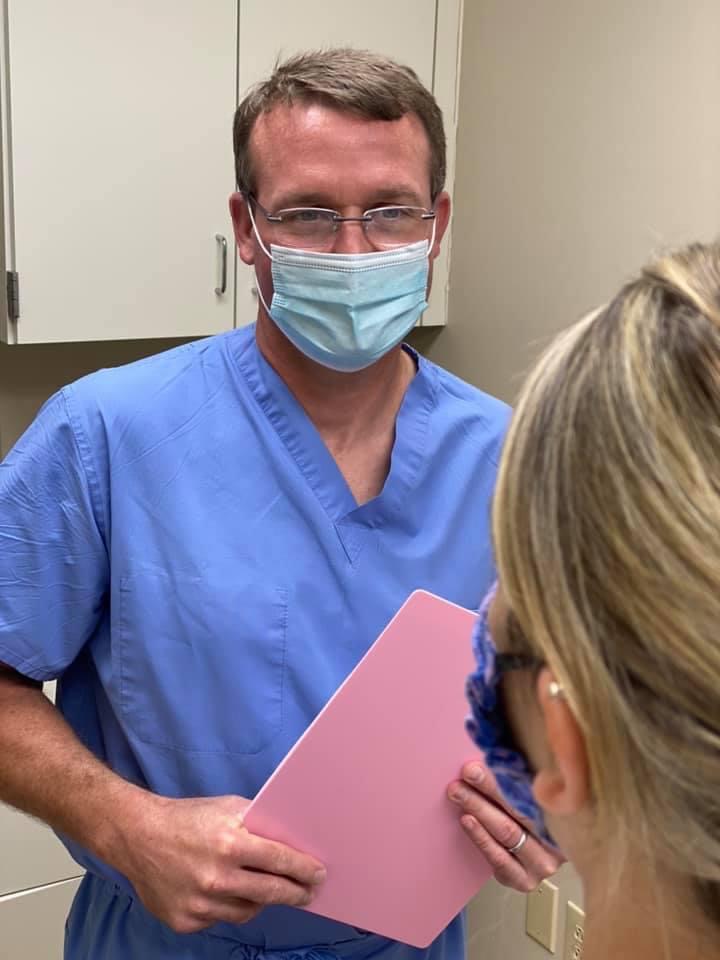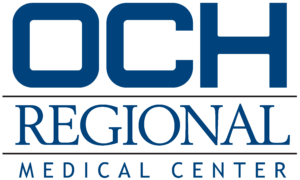Whether you’re visiting family virtually or safely in person this Thanksgiving, take time to talk about what’s most important: your health. National Family Health History Day, an annual event that takes place on Thanksgiving Day, encourages families to discuss and document their medical history.
“This conversation is particularly important this year,” said Dr. Josh Black, Board-Certified Family Medicine Physician at OCH Medical Associates. “Comorbidities has been a key term this year as we’ve discussed how those risk factors impact patients who are diagnosed with COVID-19.”

The most common conditions that run in families are heart disease, diabetes, and cancer, as well as high blood pressure. While a family history of these conditions doesn’t dictate a diagnosis, knowing your risk factors not only helps you to be mindful of symptoms but also helps your physician take better care of you.
“When patients can contribute to their medical records by filling out their family history, it makes a big impact on their overall plan of care,” said Dr. Black. “The same goes for patients who don’t know their family history. If they have a family history of heart disease but don’t know it, there may be signs and symptoms that they overlook and don’t receive the preventative or routine care that could help them have a better quality of life,” explained Dr. Black.
According to Dr. Black, risk factors increase when it’s a first degree relative, which includes siblings and parents, followed by aunts, uncles and grandparents.
Dr. Chip Wall, Fellowship-Trained Surgical Breast Oncologist at OCH Center for Breast Health & Imaging said family health history is an important component in assessing a patient’s risk for breast cancer.
 “Knowing a patient has a family history of breast, cancer, ovarian cancer, and even pancreatic cancer allows us to enhance surveillance and/or perform genetic testing on a patient, which can lead to earlier detection and better outcomes for that patient,” said Dr. Wall.
“Knowing a patient has a family history of breast, cancer, ovarian cancer, and even pancreatic cancer allows us to enhance surveillance and/or perform genetic testing on a patient, which can lead to earlier detection and better outcomes for that patient,” said Dr. Wall.
And while both Dr. Black and Dr. Wall stress the importance of knowing your family health history, they also agree choosing a healthy lifestyle with diet and exercise, coupled with annual wellness checkups and screenings such as colonoscopies and mammograms, are key to your overall health.
“Talking about your family health history may be uncomfortable and it can be painful to discuss diseases that have taken family members too soon, but it’s a way we can show our loved ones we care about them because knowing your family health history is an important component to your overall wellbeing.”
